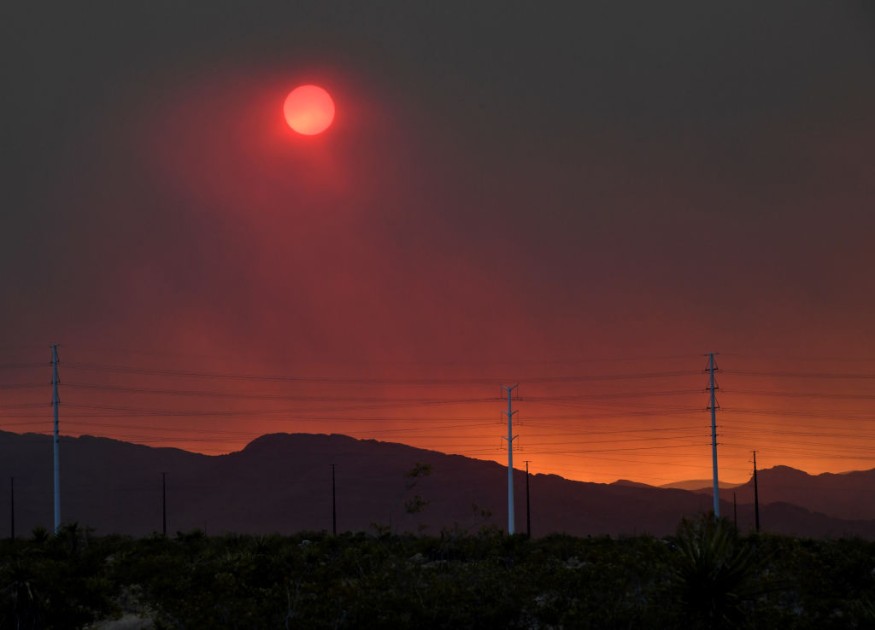Blackouts will potentially place millions of Americans at risk as heat and extreme weather are expected to envelop the upcoming summer season in the United States, according to a stark warning by US officials.
Based on the blackouts warning, extreme temperatures and the ongoing drought may damage or destroy power grids nationwide.
The country's summer approximately spans between June and September each year.
In recent years, heat-related blackouts and even casualties have been reported across the US.
With the imminent threat of heatwaves and drought, coupled with rising temperatures, calls for better measures have been raised in the past to address the country's electric infrastructure.
US Summer Blackout Warning

Blackouts and other heat-related events are potentially the emerging threats once again as the US spring season is about to end, welcoming summer that has marked 2021 with the devastating consequences of scorching temperatures affecting the country's infrastructure, as well as health and the environment.
This year, the North American Electric Reliability Corporation (NERC) issued a warning for high temperatures will lead to an increased demand for electricity.
On the other hand, drought conditions will lower the amount of power supply available to meet such demand.
The electrical industry is preparing its equipment and operators for potential challenges ahead during the US summer season when extreme heat and its underlying weather patterns have put additional pressure on electrical supply and demand, according to NERC Reliability Assessments Manager, Mark Olson, as cited by CNN.
2022 Summer Reliability Assessment
The warning is based on the 2022 Summer Reliability Assessment of the NERC, an international regulating authority that oversees the country's electrical infrastructure.
It is formerly known as the North American Electric Reliability Council, which manages interconnected power systems between Canada, the US, and portions of Baja California in Mexico.
Under the assessment published in May 2022, the following infrastructural risks for the upcoming US summer season tabulated by the electric grid agency are as follows:
- Capacity shortfall characterized as by high risk of energy emergencies are possible for northern and central areas of the Midcontinent ISO (MISO) during peak summer conditions.
- Widespread drought and below-average snowpack affect the energy output from hydro generators in most parts of the Western US.
- Extreme drought in Texas can generate weather conditions or fire weather conditions than can prolong hot weather and increase electricity demand.
- Drought conditions in the Missouri River Basin may affect the output from thermal generators during the summer months.
- An essential transmission line in MISO's northern and southern areas will be out of service during the onset of the summer season.
- Late-summer wildfire season is expected in the Western US and Canada.
US Electric Infrastructure
Previous events related to heat and extreme weather have reportedly challenged the US electric infrastructure, in spite of being part of one of the world's developed countries.
In particular, the country's power lines and electric grids have been reported to be possibly vulnerable to soaring temperatures, which were relatively higher than in previous decades.
In a report by the U.S. Department of Energy (DOE) in 2015, there is a clear indication of increasing electricity demand in nearly every US region due to higher temperatures elevated by climate change and how it threatens not only America's electric industry but also the energy infrastructure.
In addition, the DOE emphasized in its report that power lines are threatened, including by wildfires in Southern California.
With the current US summer blackout warning for 2022, drought-stricken states in the US like California and its surrounding areas may see the severe impact of heat and extreme weather in the coming months.
Heat-related blackouts are also possible as far as New York and Florida, the NERC said.
© 2025 NatureWorldNews.com All rights reserved. Do not reproduce without permission.





